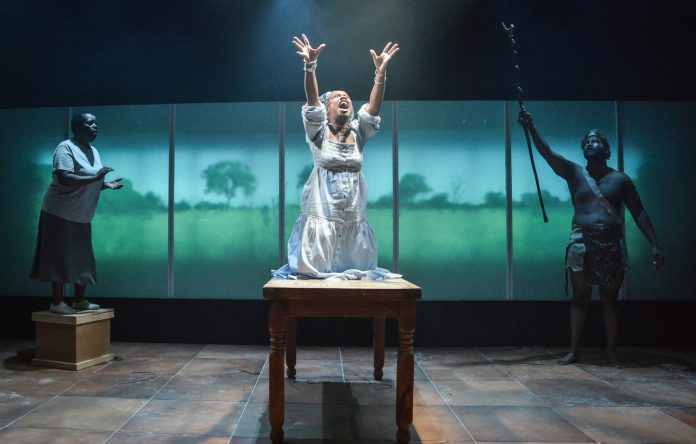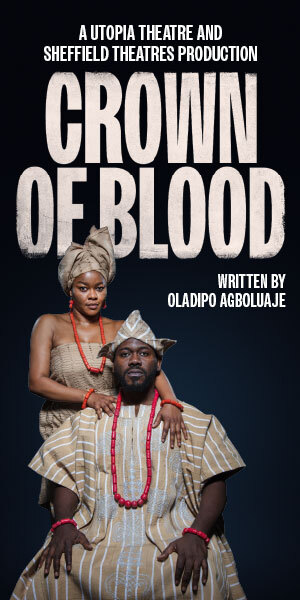From an intimate, laughter-filled mother and daughter story set in Zimbabwe, playwright Mufaro Makubika takes a much broader look at belonging, and colonisation in Malindadzimu, his first commission for Hampstead Theatre.
The play opens with Hope recovering in a hospital room after a suicide attempt; She has been struggling with mental health issues and seeing visions. Her mother Faith makes the drastic decision to return home to Zimbabwe (Faith’s place of birth) which she left long ago to study at Oxford on a Rhodes scholarship. After the big move, not everything runs smoothly but as the lightly told narrative unfolds, the real focus is on characters and their relationships.
I was left with a beautiful reminder to stay close to your ancestors, remember your history and remember what we’ve lost.
The question of where is truly home for black Britons hangs over the entire play and what we lose emotionally and spiritually through the distance to our ancestral homelands.
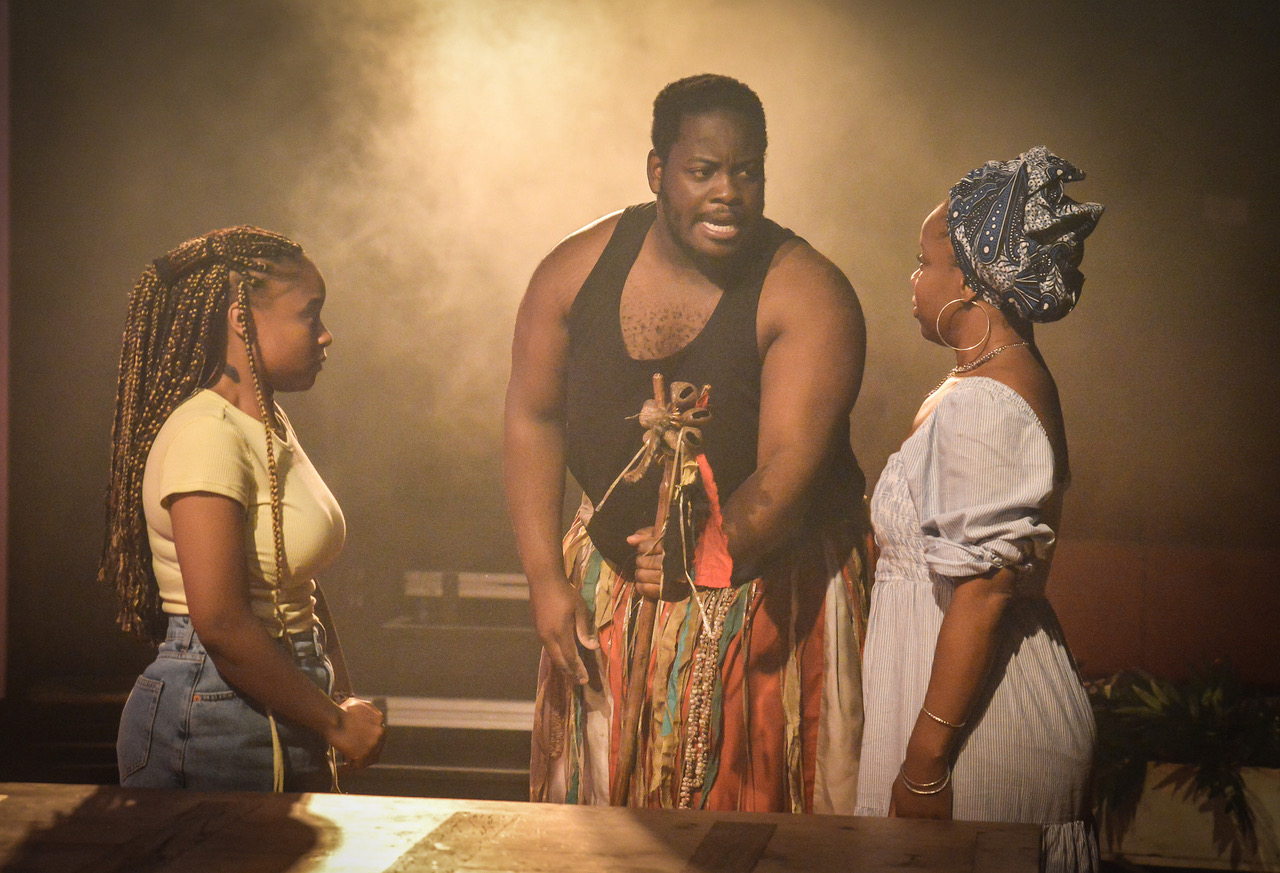
With his play, Makubika, balances entertainment alongside serious issues such as mental health, how the black community in the UK relates to its heritage, and colonialism and its impact. A dizzying number of themes are explored in the play, all neatly woven into the drama. The question of where is truly home for black Britons hangs over the entire play. And what we lose emotionally and spiritually through the distance to our ancestral homelands.
As the child of an immigrant, it was refreshing to see the relatable conflict between assimilation to British culture and that of our parents/grandparents or great grandparent’s birthplace played out on stage. Something that is not often seen in theatre for those of African descent.
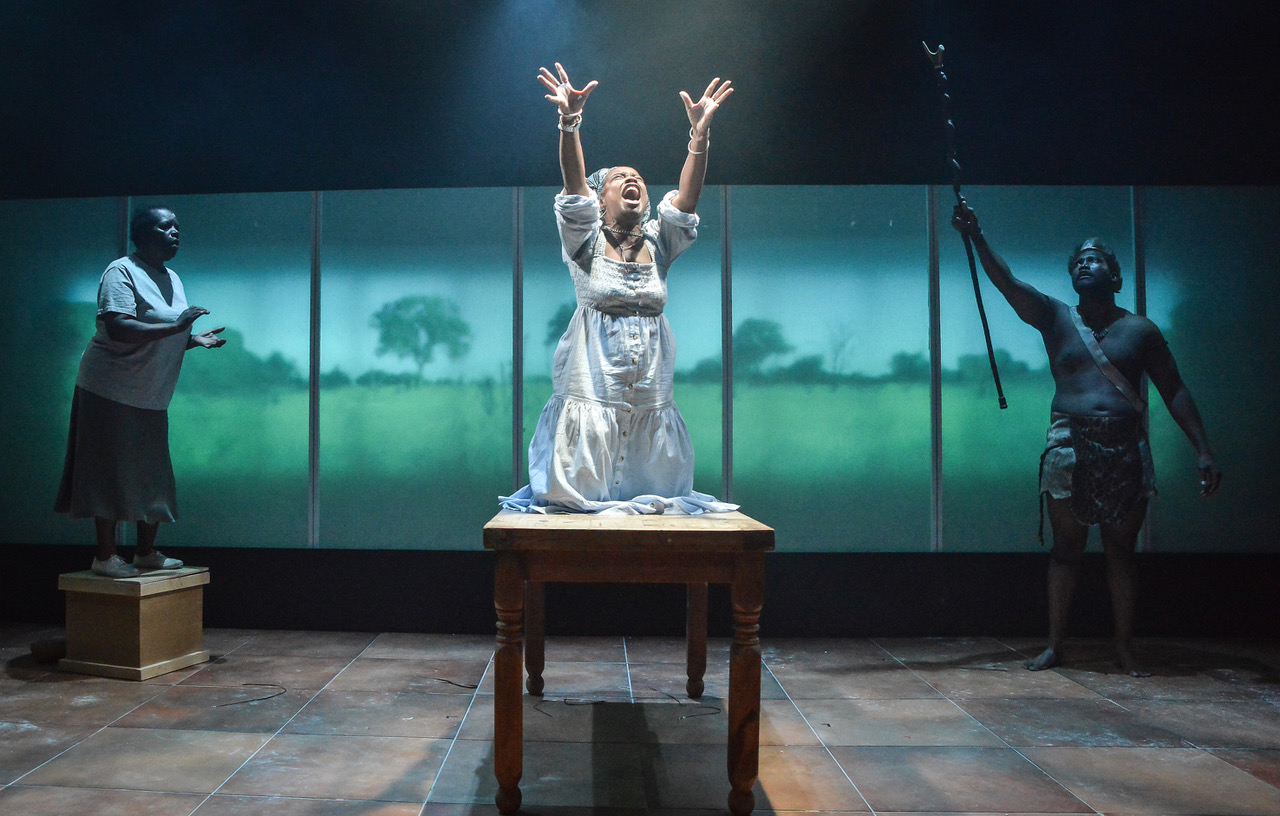
Kudzai Mangombe’s performance as Hope has all the energy, and sullenness of a young teenager trying to figure out her place in the world. It is easy to identify with Hope as a character who is lost and torn between two countries. Her visions are calling her towards a history she is ignorant of and hasn’t yet learnt the tools to make sense of.
Shyko Amos’s Faith brings powerful intensity as a frustrated single mother trying to do the best for her child but unable to or unwilling to reclaim her roots. The tension in her character is clear in her performance.
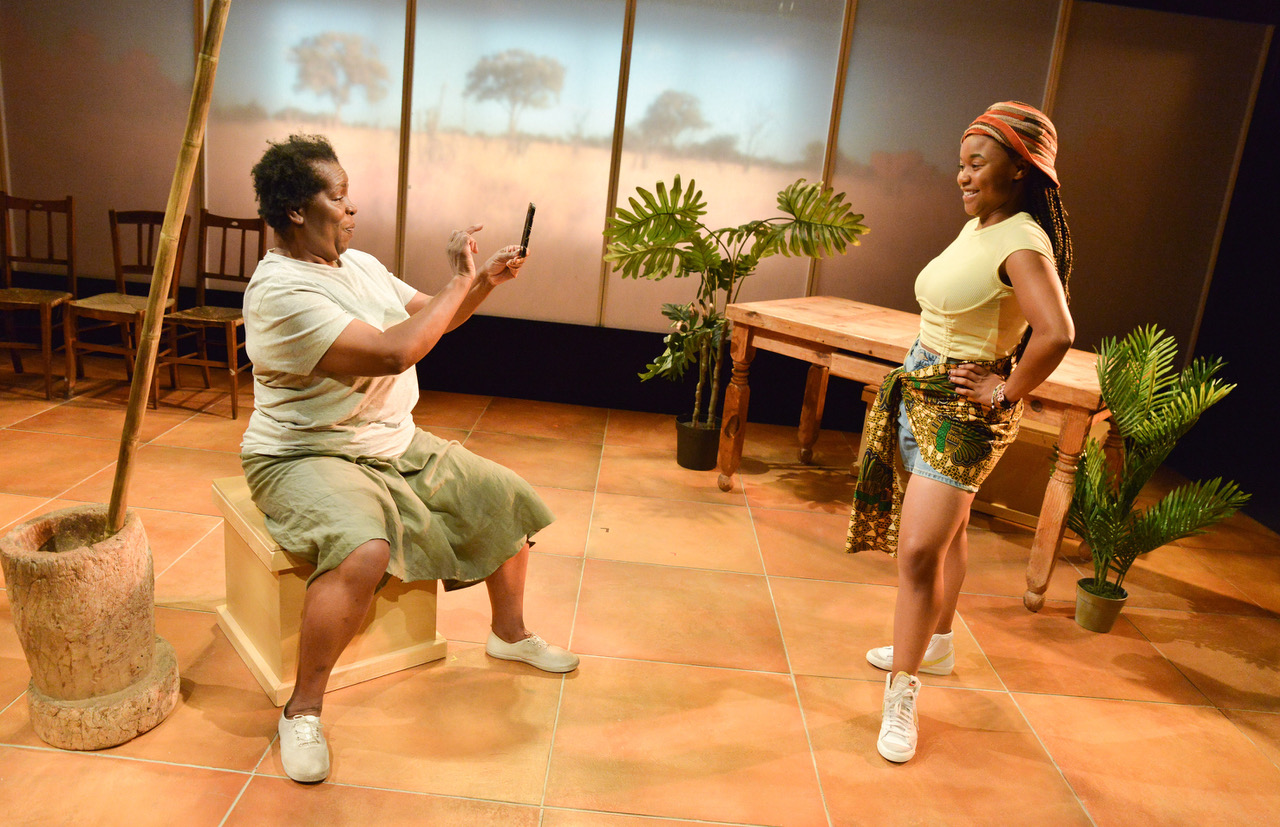
But it is Gogo (Natasha Williams) who stands out as the colourful elderly Zimbabwean woman who brings sparkle to the play. Though Gogo’s character is larger than life, she is played with the nuance that makes her a familiar combination of female elders. The scenes with Gogo and Hope are among the most touching, providing reassurance that bridges can be built between traditional customs and younger generations.
Monique Touko’s direction allows the focus to remain on the characters and the punchy dialogue. The play was staged in one of the smaller workshop/theatre spaces – a setting that suited the intimate family drama well. Though sparing, the set, along with few props used on stage, provided the ambient cues needed to transport us to Zimbabwe.
As the child of an immigrant, it was refreshing to see the relatable conflict between assimilation to British culture and that of our parents
The play is a collection of firsts. As well as being Makubika’s first commission for Hampstead Theatre, it marks Monique Touko’s first time directing professionally and Kudzai Mangombe’s debut professional performance.
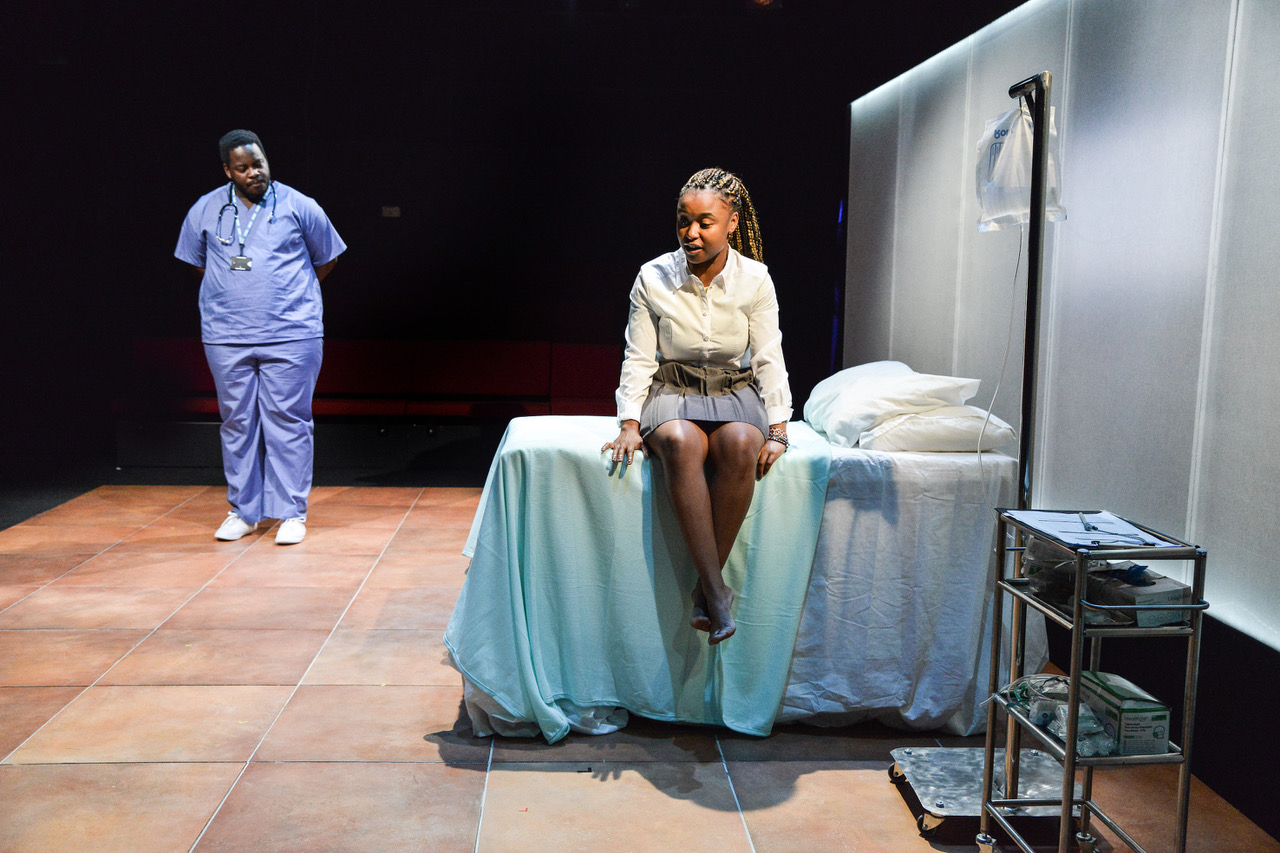
Malindadzimu was a dynamic family drama with many light-hearted moments. I was immediately drawn into the lives of the characters and I was left with a beautiful reminder to stay close to your ancestors, remember your history and remember what we’ve lost.
























